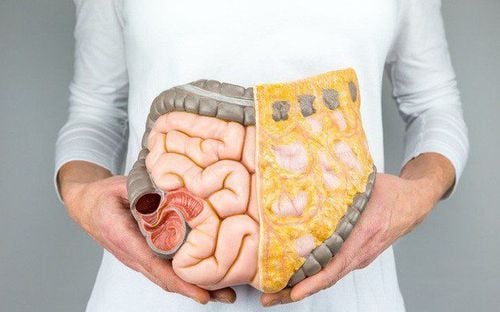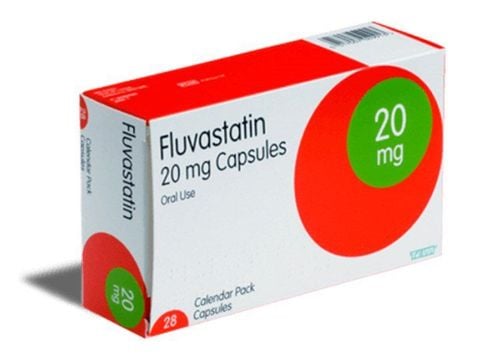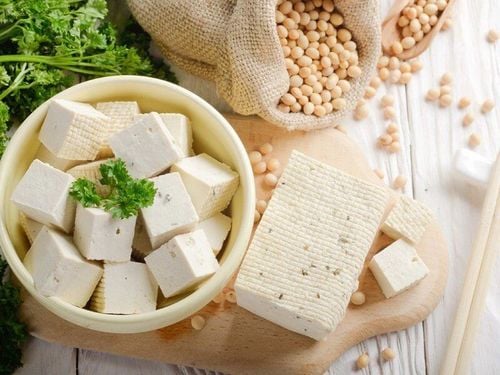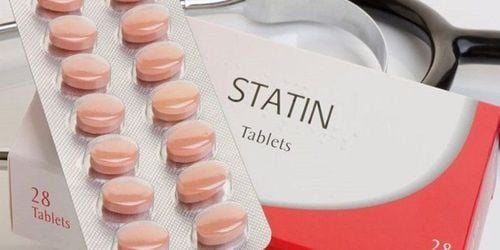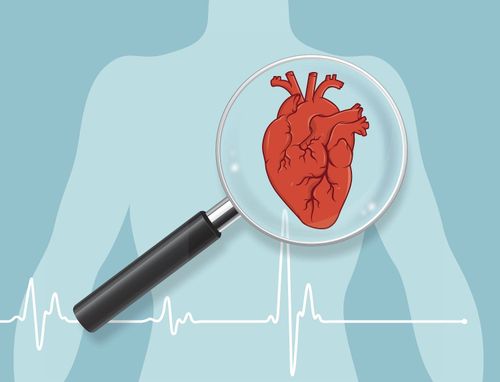This is an automatically translated article.
Dietary fats, also known as fatty acids, can be found in foods from both plants and animals. Some fats have been linked to negative effects on heart health, but others have been found to offer significant health benefits.
When it comes to a diet many people will immediately cross the name fat off the list. This is essentially justified because certain types of fat and cholesterol can be a risk factor for cardiovascular disease, obesity, diabetes and cancer risk. However, not all types of fat are harmful, some types of fat play a role in maintaining health as well as balancing cholesterol in the blood.
Dietary fats, commonly referred to as fatty acids, can be found in both foods of animal and plant origin. Fats are essential in the diet because they aid in the digestion process, promote the body's absorption of protein and carbohydrates, or are the body's reserve of energy. Some organs that want to function properly also need fat. Vitamins need fat to dissolve into the blood and provide nutrients to the body....
Some foods contain a variety of good fatty acids, but there are also many foods that contain bad fatty acids. So what are good fats and bad fats and what are the sources of these fats? The information below will tell you this.
1. Good fats
Doctors and nutritionists around the world accept that unsaturated fats including monounsaturated fats and polyunsaturated fats are good fats for the body and bring many benefits to the body. benefits for the cardiovascular system. These are the fats that experts recommend for use in the diet.
Foods high in good fats tend to be liquid at room temperature such as vegetable oils.
Monounsaturated Fat: This beneficial fat is present in many foods as well as vegetable oils. Studies have shown that regularly eating foods high in monounsaturated fats can improve blood cholesterol levels and reduce the risk of cardiovascular diseases. Foods rich in monounsaturated fats are: - Nuts like almonds, cashews, peanuts, pecans...
- Vegetable oils like olive oil, peanut oil...
- Peanut butter, almond butter
- Avocado
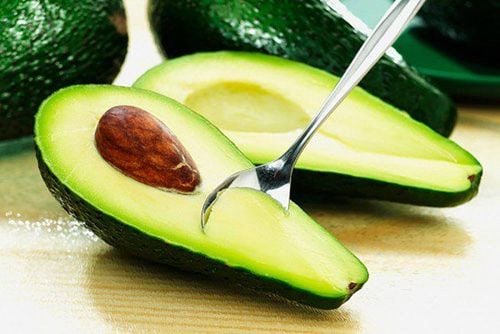
Bơ là một thực phẩm thuốc chất béo không bão hòa đơn
Polyunsaturated fats: Polyunsaturated fats are called essential fats of the body because the body cannot synthesize them on its own and must be supplied from foods in the diet. Plant-based foods as well as vegetable oils are major sources of polyunsaturated fats. Like monounsaturated fats, polyunsaturated fats may reduce the risk of heart-related diseases by lowering blood cholesterol levels.
Another good fat that is also essential for the body is omega-3 which has been shown to be especially beneficial for heart health. Omega-3s not only reduce the risk of coronary artery disease, but also help lower blood pressure and protect against irregular heartbeats. Some foods rich in omega 3 can be mentioned as: - Salmon
- Herring
- Sardines
- Fruits and seeds such as flaxseeds, walnuts, canola oil ...
Details About omega-3 fatty acids will be presented in detail in the following section. In addition to omega-3, omega-6 is also an essential fatty acid for the body. Foods rich in omega-6 include: - Tofu
- Roasted soybeans and soy butter
- Walnuts
- Nuts like sunflower seeds, pumpkin seeds, sesame seeds
- Vegetable oils such as corn oil, safflower oil, sesame oil, sunflower oil...
- Soft margarines
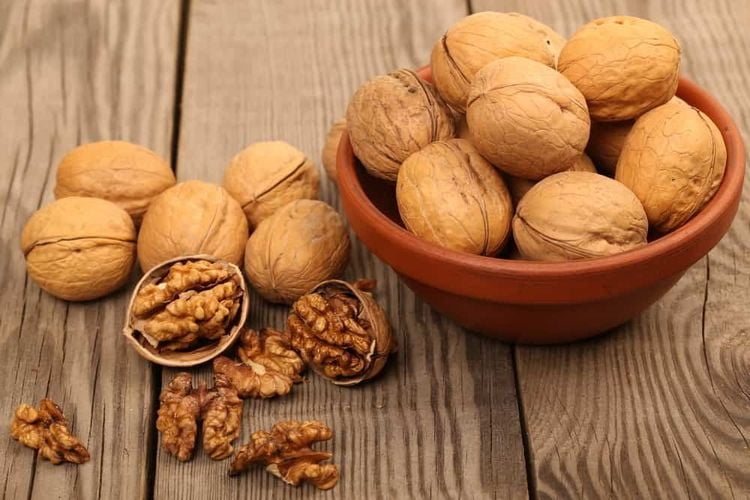
Bạn có thể tìm thấy omega-6 trong quả óc chó
2. Bad fat
Two types of fat, saturated fat and trans fat, have been shown to be potentially harmful to health. Most foods rich in saturated fats and trans fats are solid at room temperature such as:
- Butter
- Margarine
- Beef or pork fat
Nutritionists give advise against the use of trans fats and limit their use to saturated fats.
Saturated fats: Most saturated fats are animal fats found in meats and dairy products. Sources of saturated fat include: - Beef fat, lard...
- Meat and chicken skin
- Dairy products such as butter, cheese, yogurt, ice cream...
- Coconut oils, oils palm, cocoa butter...
Eating too much saturated fat can increase blood cholesterol levels, especially bad cholesterol (LDL-cholesterol) thereby increasing the risk of cardiovascular diseases.

Ăn quá nhiều phô mai có thể làm tăng nồng độ cholesterol trong máu
Trans fats: These are especially harmful fats that experts recommend not to use even in small amounts. Trans fats are rich in foods such as: - Fried foods like chips, donuts, fast food
- Margarines
- Baked goods like cookies and cakes...
- Processed snacks
Like saturated fats, trans fats can raise LDL cholesterol levels. Trans fats can also inhibit levels of protective cholesterol ( cholesterol - HDL ).
Experts have proven trans fats can increase the risk of inflammation in the body. Inflammation can cause harmful health effects like heart disease, diabetes or stroke.
3. Health Benefits of Omega-3 Fats
As mentioned in the above section, omega-3 fatty acids, found in certain foods such as walnuts, fruits, vegetables or some fish such as mackerel, herring, sturgeon.. Omega-3 not only plays an important role in the quality of cell membranes, but also helps protect the body against many serious health-related threats.
Omega-3 benefits include reducing the risk of heart-related diseases and strokes and reducing symptoms of high blood pressure, depression, attention deficit hyperactivity disorder, and heart problems. joints and some other skin diseases. Several studies have shown that omega-3s can boost the immune system and help protect against a number of diseases including Alzheimer's.
But most importantly, omega-3 helps to mitigate the negative effects of another essential fatty acid, omega-6. Omega-6 is found in foods like eggs, poultry, whole grains, vegetable oils, margarine....
Omega-6s are also considered an essential fat however they have Because of its ability to thicken the blood, it makes it easier to form clots in the blood vessels, and omega-3s appear to reduce this.
Balanced intake of omega-3 and omega-6 helps to reduce the risk of blood clot formation thereby reducing the risk of cardiovascular disease and stroke. The ratio of omega-3/omega-6 recommended by experts is 4/1. Omega-3 fatty acids are not a single nutrient, but a synthesis of several fatty acids such as eicosapentaenoic acid (EPA) and docosahexaenoic acid (DHA). Both are found in abundance in cold water fish.
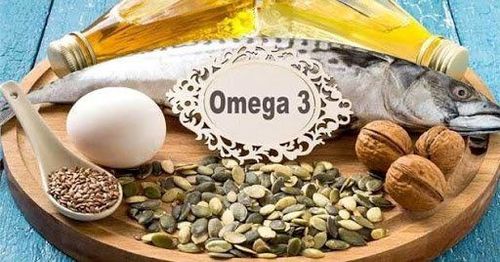
Các thực phẩm chứa omega 3 đem lại nhiều lợi ích cho sức khỏe
However, for those who do not like to eat fish, they can completely get omega-3 from flaxseeds. Nutritionists say that this is the most powerful source of plant-based omega-3 supplements, especially alpha-linolenic acid (ALA) - an important element for the body to use to synthesize EPA as well as DHA. .
Recent studies have shown that fat has many more effects on the body, both beneficial and harmful than previously thought.
Trans fat is the most harmful type of fat for the body while saturated fat has been shown to be less associated with cardiovascular problems. However, saturated fat actually doesn't offer as many health benefits as monounsaturated and polyunsaturated fats.
Good fats are an important part of the diet, especially for those who follow a diet, but still should control the amount of fat put into the body because they are all energy-containing substances anyway. quantity.
Please dial HOTLINE for more information or register for an appointment HERE. Download MyVinmec app to make appointments faster and to manage your bookings easily.
Articles refer to sources: webmd.com, healthline.com




